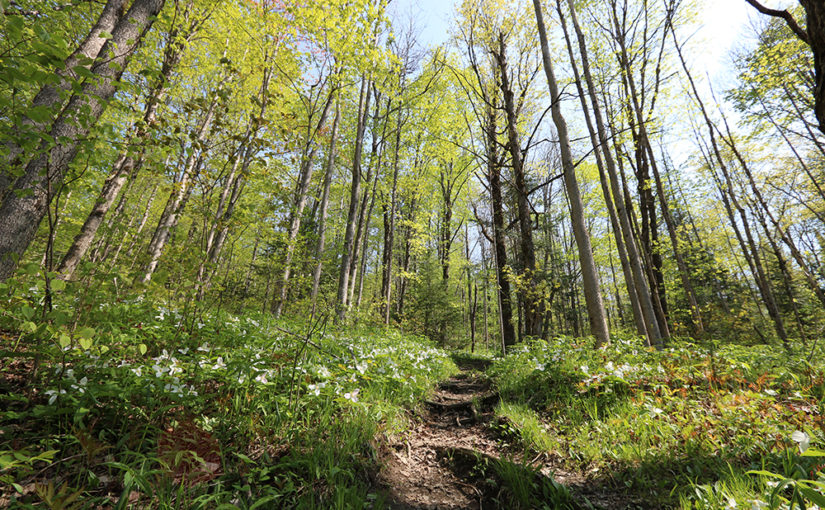Picture this: you’re alone, deep into a forested trail. Your only companions are the birds fluttering from branch to branch around you. As you walk, you follow a corridor made of pillars of ancient trees, and smell the earthy aroma of moss and damp leaves.
How do you feel? It’s hard to describe, but the words which immediately come to mind are calm, peaceful, and contemplative. You feel a deep-rooted connection to the world around you, and you are reminded of the importance of our natural environment.
There’s a word for that feeling: waldeinsamkeit.
The universal language of nature
It may have a funny name, but waldeinsamkeit is a word for a feeling we all know. “Waldeinsamkeit” is a German word without a direct English translation. It can best be translated to “the feeling of being alone in the woods.”
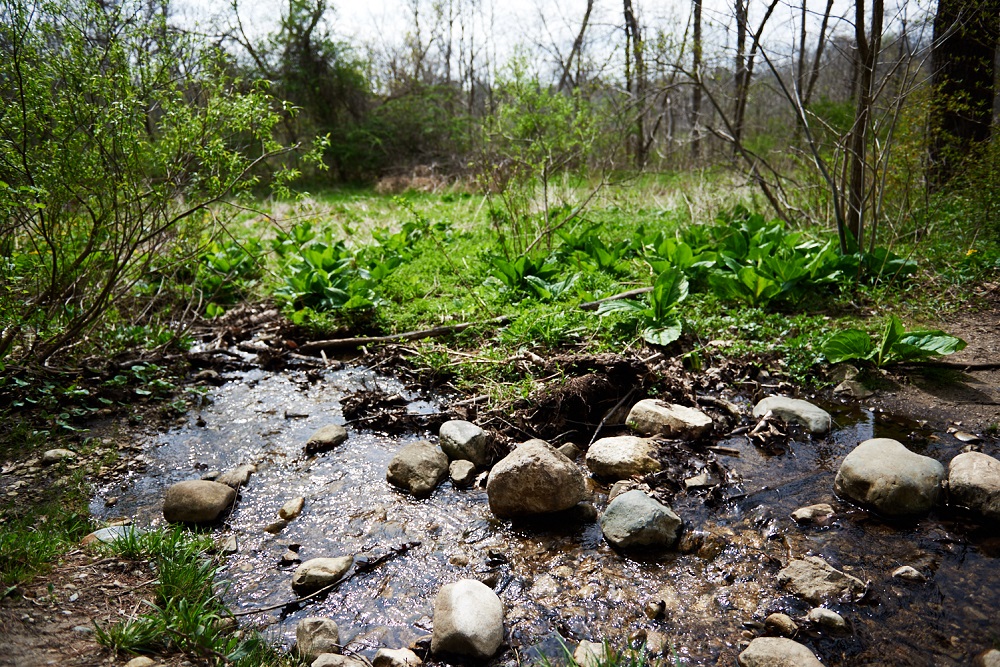
The word is a combination of “wald” meaning forest, and “einsamkeit” meaning loneliness or solitude. We experience waldeinsamkeit in the moments when we are surrounded by the forest and feel totally at peace. Waldeinsamkeit represents our inherent connection to nature and describes a feeling that is often indescribable.
Humans have lived in tune with nature for about 99% of human history. This has hardwired a desire to be around plants and animals into our existence. This is evident in things like house plants, pets, camping, and more.
However today, Canadians spend 90% of each day indoors. This is more than any other point in history. More of us are living in cities, further away from quality green spaces. This change can have a negative effect on our lives.
Health in the forest
Nature is important to us in so many ways, including for our health. Spending time in nature is like taking a really good multivitamin.
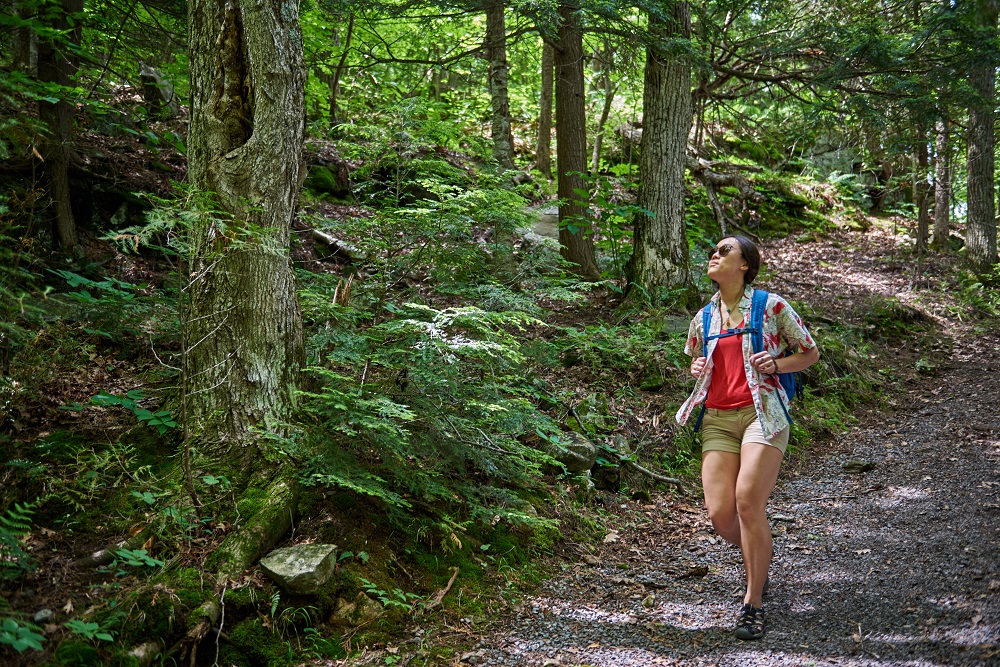
Nature can enhance the body’s immune system, which leads to a wide range of health benefits.
After spending two days in nature, levels of cancer-fighting white blood cells in the body increase by 50%. Time spent in the outdoors can also reduce your risk of heart disease and diabetes by 50%. Nature can prevent conditions like depression, obesity, ADHD, cardiovascular disease, and cancer.
 Time in nature has benefits for your mental health too.
Time in nature has benefits for your mental health too.
There is a strong connection between time spent in nature and reduced feelings of stress, anxiety, and depression. Stress is relieved within minutes of exposure to nature as measured by muscle tension, blood pressure, and brain activity.
Additionally, doing physical activities outdoors makes you happier than doing them inside. Contact with nature has restorative properties, increasing energy and improving feelings of vitality and focus.
Simply being in nature can do remarkable things for our physical, mental, and social health. When we miss out on nature, we miss out on a host of benefits to our health.
Healthy Parks Healthy People
The higher the quality of green space, the more health benefits you will receive. This is why it is so important to care for our protected areas and ensure these spaces will exist for future generations.
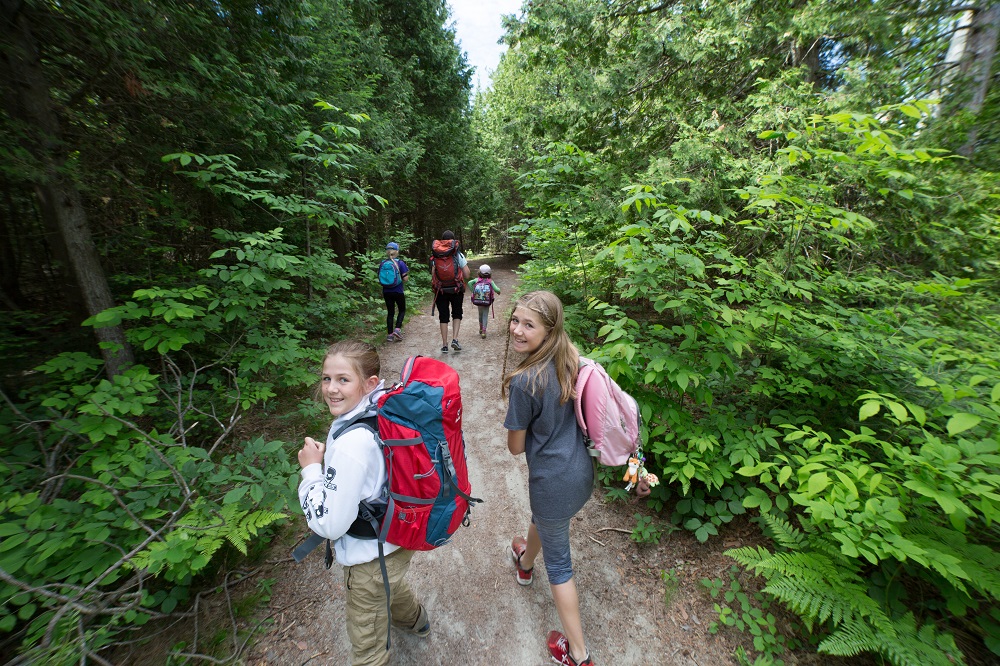
The Healthy Parks Healthy People movement aims to reconnect us to nature to experience restorative and preventative health benefits. Ontario Parks started promoting HPHP in 2015, and hosts events all year long to celebrate and share the health benefits of nature.
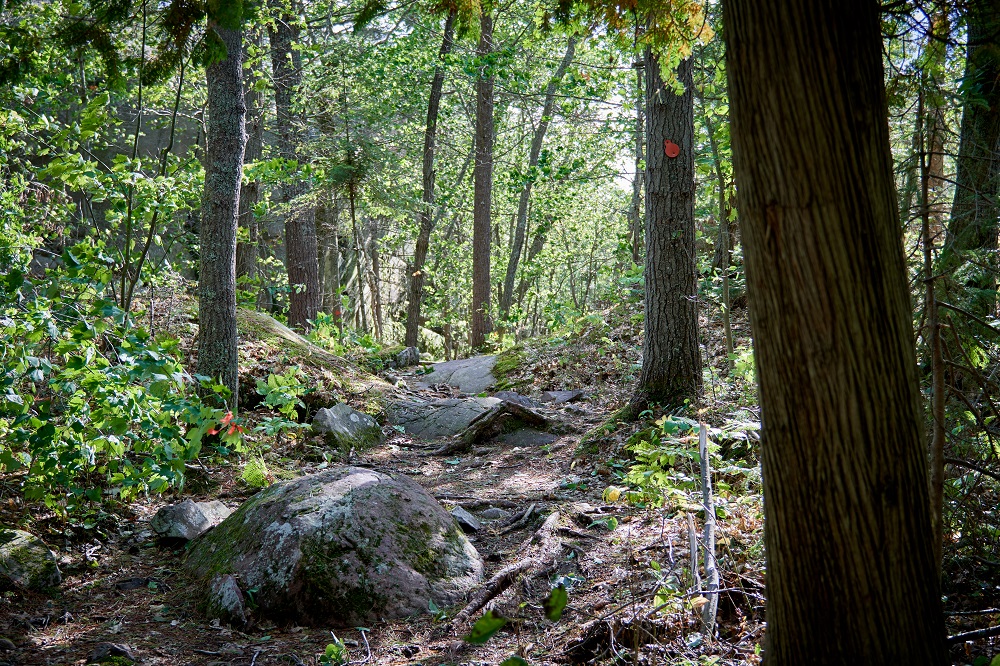
Next time you are in a forest, pause and close your eyes.
Feel that? That’s waldeinsamkeit.
Find your waldeinsamkeit at a provincial park by using our Park Locator.
